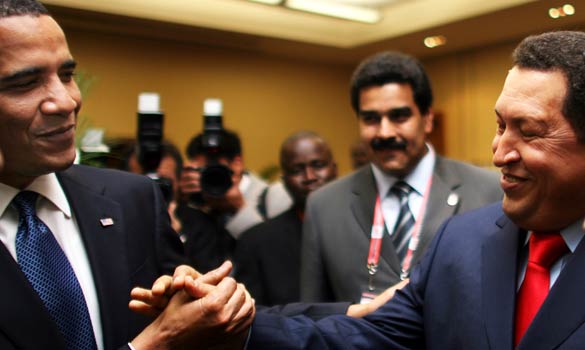Flight 253 becomes an excuse to organize airport screeners.
The notion that unionized airport baggage screeners in Detroit could have prevented Umar Farouk Abdulmutallab from boarding a plane in Amsterdam or Lagos doesn't make much sense. But sure enough, some in Congress are using the thwarted Christmas Day terrorist attack to argue that a new leader for the Transportation Security Administration could have saved the day.Rahm Emanuel's famous declaration that a crisis is a terrible thing to waste seems to have become a way of Washington life.
That's the meaning of the political and media beatdown now being visited on Republican Senator Jim DeMint for the high crime of putting a hold on the nomination of Erroll Southers to head TSA, which runs the 50,000 airport screeners. Mr. DeMint objects because Mr. Southers has refused to say whether he would reverse current policy and back collective bargaining for baggage and passenger screeners, which the Obama Administration and Democrats on Capitol Hill support.
Thus the faux security outrage. "If TSA is to become the kind of nimble, responsive organization the American people deserve in times like this, it will need a Senate-confirmed administrator," said House Homeland Security Chairman Bennie Thompson on Monday. "If nothing else, the events of last week highlighted this lack of leadership."
A spokesman for Senate Majority Leader Harry Reid also couldn't resist displaying his boss's union baggage, calling Senator DeMint's actions "disgraceful" and claiming that "Republican obstructionism has prevented TSA from having the leadership in place that the organization deserves." Mr. Reid's 24/7 forced health-care march has made him even crankier than usual.
Neither Democrat mentioned that President Obama didn't bother to nominate Mr. Southers to fill the TSA post until September, nor that Democrats didn't vote the nominee out of committee until the middle of last month. Such a languid pace hardly suggests that they considered the TSA job to be vital to national security.
By contrast, Mr. DeMint's objection is rooted in a substantive concern that union practices and work rules will compromise security. TSA uses a performance pay system that tries to reward ability and effort, with the goal of recruiting and retaining the best employees. Unions prefer seniority-based pay that puts a premium on time served rather than performance.
TSA also needs to be able to change its procedures or move personnel to high-risk locations on short notice. Agency managers now have the ability to do that, but under union work rules they might need to get the permission of union leaders, who won't want to upset the rank-and-file.
In other words, Congressman Thompson has it exactly backwards. If the goal is to have a "nimble, responsive" TSA, a non-union work force makes more sense.
TSA employees already have the right to join the American Federation of Government Employees (AFGE) and the National Treasury Employees Union, but the unions are not allowed to bargain on their behalf. Gale Rossides, the acting head of TSA, has declined to change the policy on collective bargaining, as has every previous TSA leader.
But during last year's Presidential campaign, Mr. Obama sent a letter to the AFGE seeking an endorsement and expressing support for collective bargaining for TSA employees. He got the endorsement, and now he's trying to pay the union back with 50,000 new dues-paying members. Homeland Security Secretary Janet Napolitano said earlier this year that she was exploring whether she had the legal authority to give TSA workers the right to bargain.
We don't like the practice of Senators putting holds on nominees, preferring up or down votes. But Democrats did this routinely during the Bush years—remember John Bolton—and they hardly have standing to object now that Republicans are returning the favor. And to the extent that Mr. Southers would unionize airport screeners, he'd be the one doing more potential harm to national security.

![[palenty and politics and balanced budget]](http://s.wsj.net/public/resources/images/NA-BD039_PAWLEN_D_20091227191630.jpg) Associated Press
Associated Press ![[government spending and politics]](http://s.wsj.net/public/resources/images/NA-BD024_PAWLEN_NS_20091227184837.gif)










![[1europe]](http://s.wsj.net/public/resources/images/ED-AK603_1europ_NS_20091203175619.gif)

